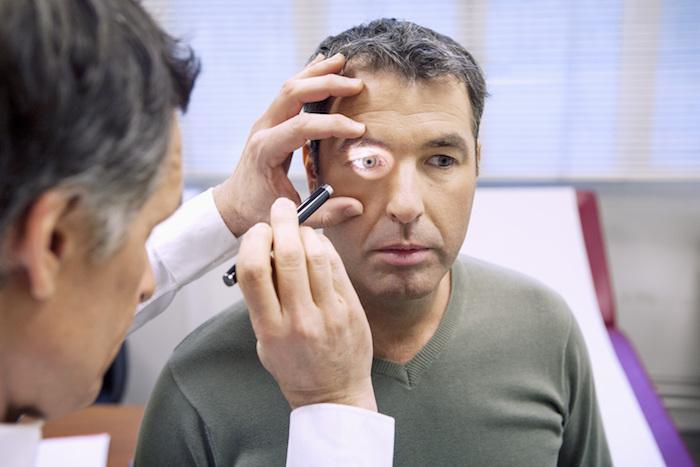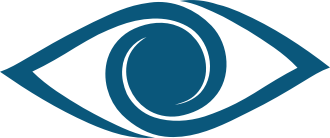
Myopia is the technical term for nearsightedness. It simply means you have trouble seeing things far away. Items in the distance look blurry or fuzzy.
It’s a common vision issue that is, in fact, becoming more common. Currently, it’s the most common cause of impaired vision in people under 40. The National Institutes of Health projections predict that the total number of people in the United States with myopia will increase from about 34 million in 2010 to approximately 44.5 million in 2050. Furthermore, global research predicts that by 2050, half the people in the world will have myopia.
Fortunately, there are numerous ways to treat this common vision impairment so that you can see clearly. The expert ophthalmology team at Beverly Hills Institute of Ophthalmology designs personalized solutions for myopia to meet your needs. Here’s what they want you to know about myopia.
What causes myopia?
Two eye shape issues can lead to myopia. For some, their eyeball is too long, which causes the light entering the eye to focus in front of the retina, the light-sensitive part of the eye that sounds images to the brain via the optic nerve, instead of on it.
In other myopia cases, the cornea is too curved, which also interferes with the focal point of light entering your eye. In some cases, it can be a combination of both issues.
Symptoms of myopia
Some people don’t realize they have myopia. They just think that things in the distance are too far to look clear. You may recognize that you or your child has myopia if you notice the following symptoms:
- Squinting
- Headaches
- Eyestrain
- Objects in the distance look fuzzy
- Trouble reading road signs
While items in the distance are hard to read, or see, reading and working on a computer are not a problem.
Treatment options
Mild cases of myopia are usually not an issue and don’t require treatment. For instances where myopia interferes with daily activities, treatment options include glasses, contact lenses, or LASIK surgery.
Many people opt for LASIK surgery, a quick procedure that provides long-term vision correction, over wearing glasses, or contact lenses daily. If you’ve had stable vision for at least a year with no serious eye issues and the same prescription for two or more years, you may be a good candidate for surgery.
The expert ophthalmology team at Beverly Hills Institute of Ophthalmology can determine if you’re a candidate for LASIK or another refractive surgery, such as LASEK or PRK.
Do you have trouble seeing far away, but your near vision is strong? Call the Beverly Hills Institute of Ophthalmology for a comprehensive vision exam and learn about your treatment options.

